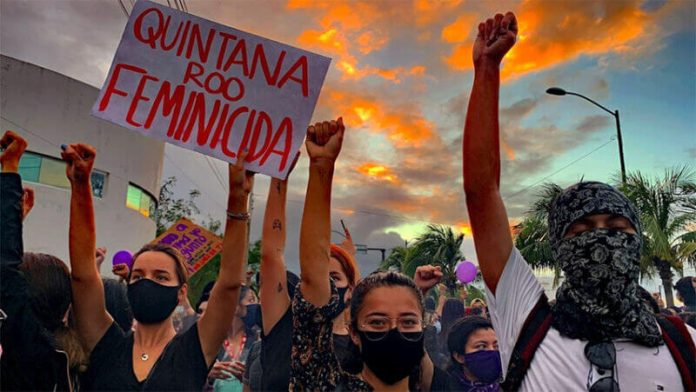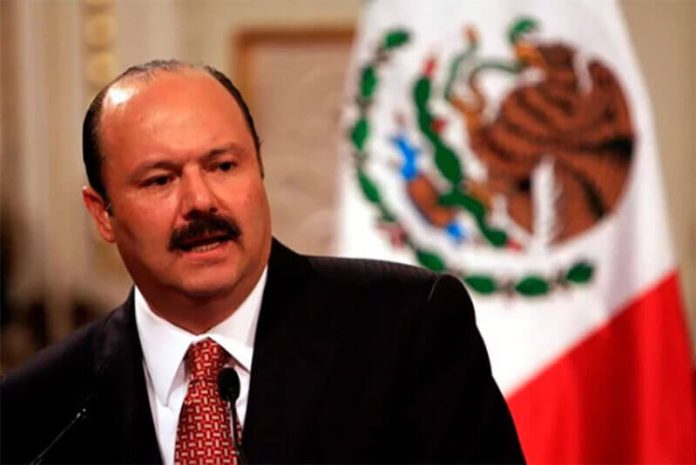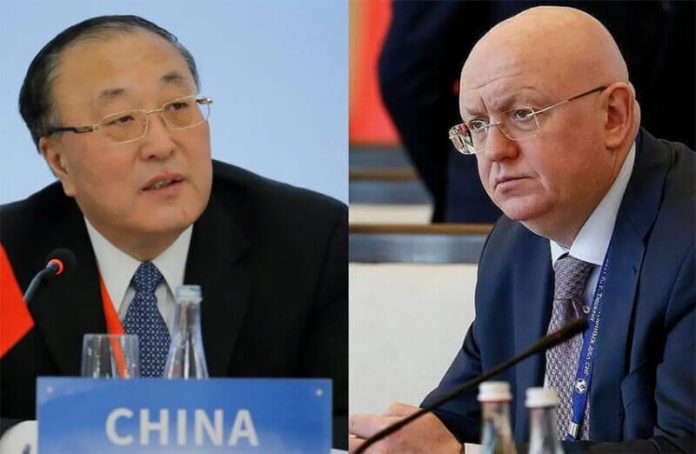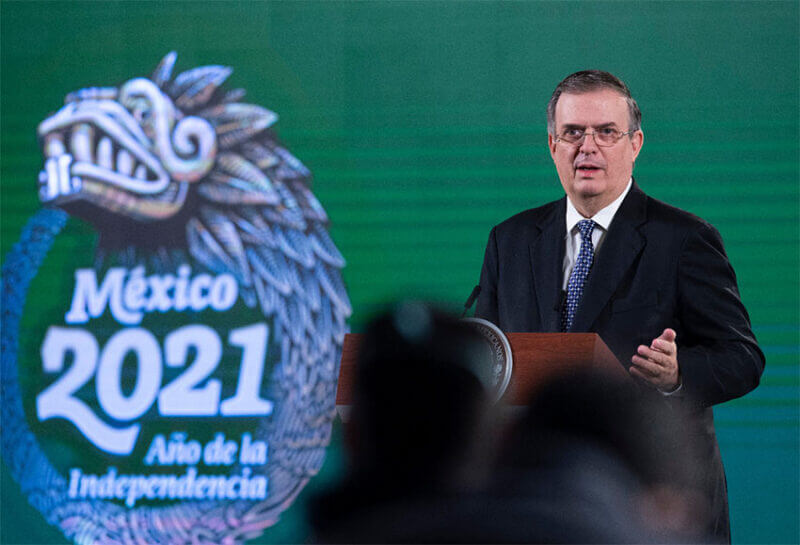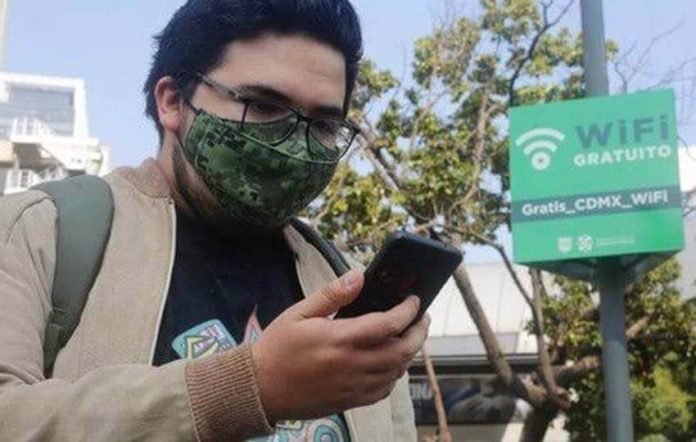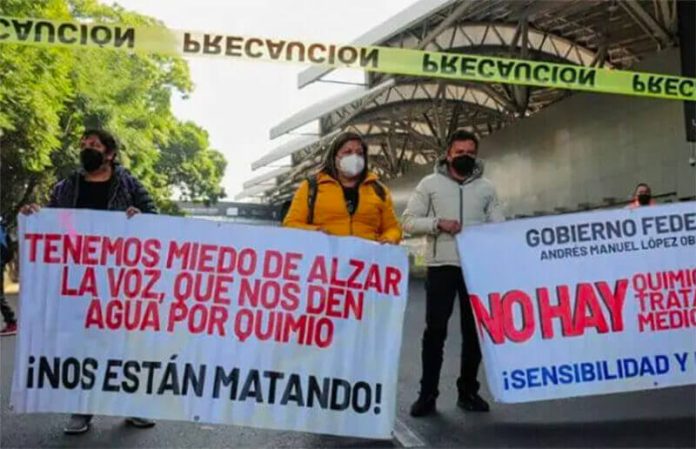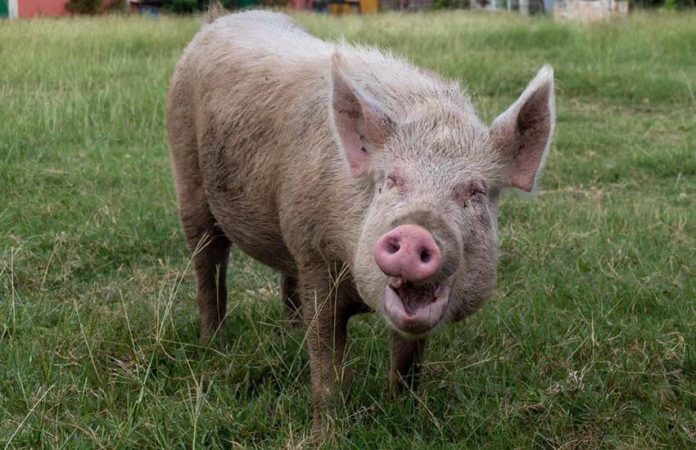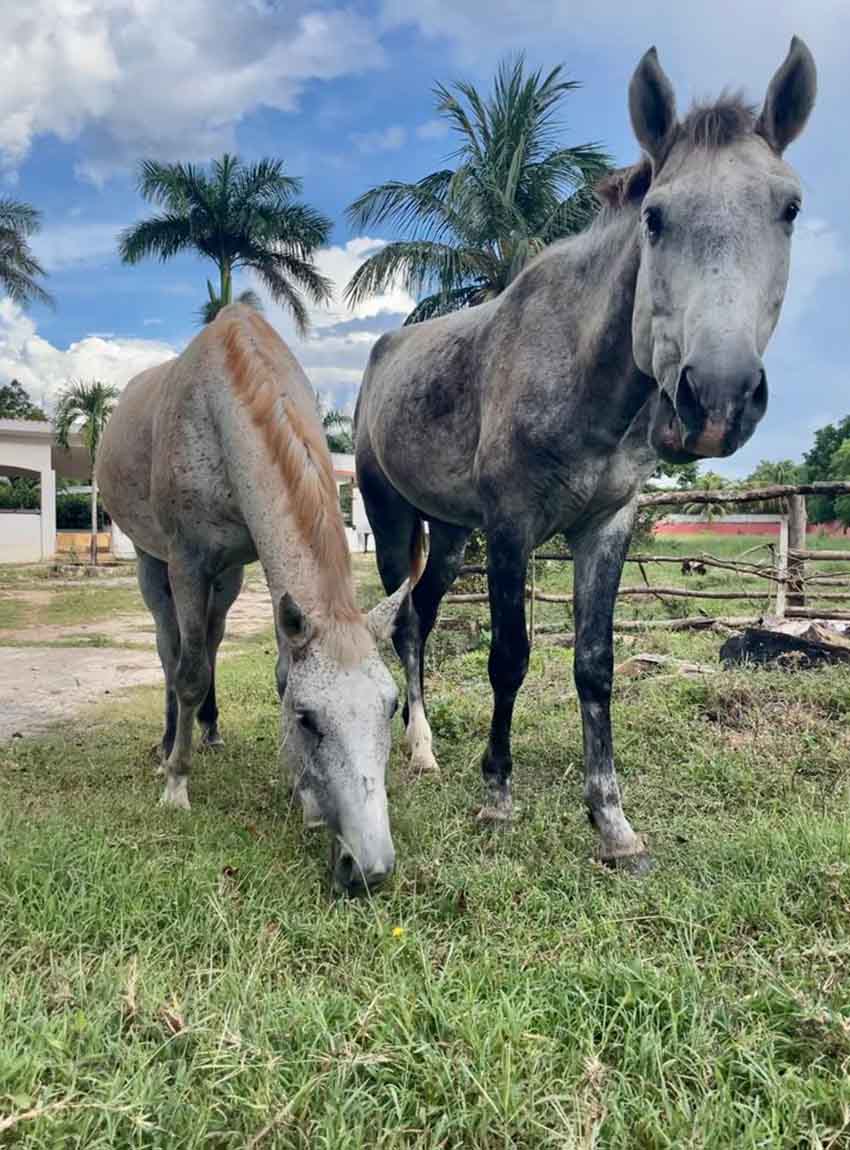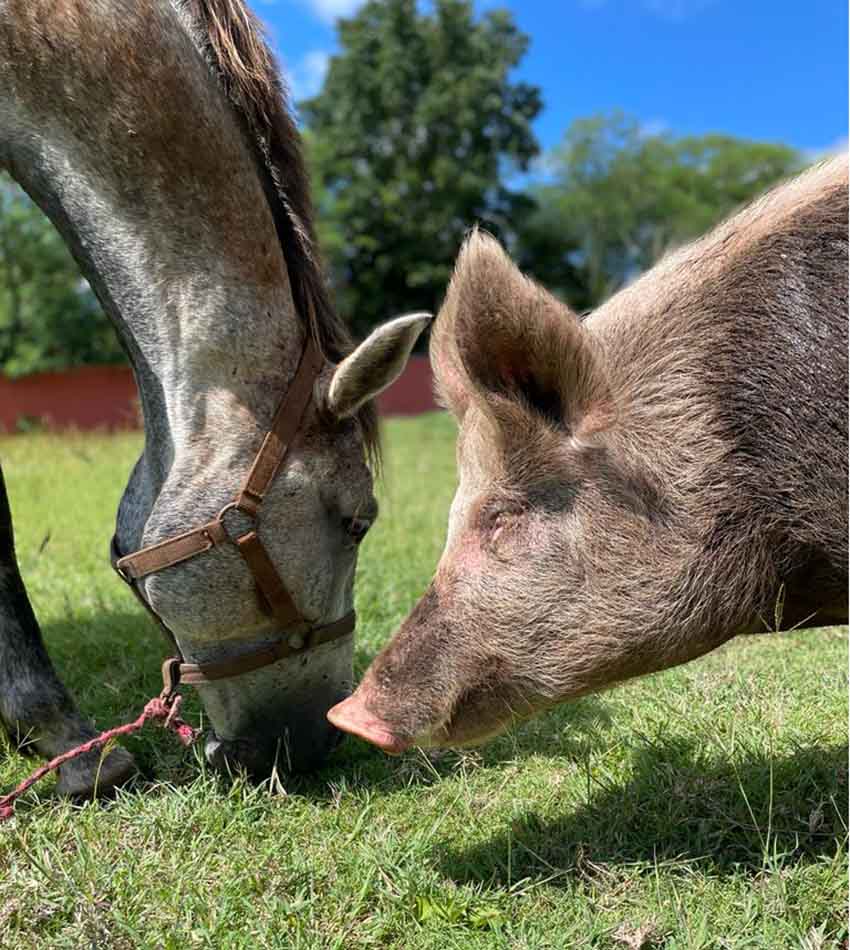Abuse and sexual assault of female hotel workers is a major and growing problem in Quintana Roo, according to an investigation by the newspaper El Universal, and most cases go unpunished.
In a report published Wednesday, the newspaper said that over the past five months it conducted interviews with dozens of former and current hotel employees in the Riviera Maya, reviewed assault and rape complaints and spoke with victims and their families.
It said the stories of the mainly young employees, many of whom move to Quintana Roo from other Mexican states or Central and South America, show that violence in the tourism sector is constant.
“… According to this investigation, violence against tourism sector workers is growing year by year. The majority of their employers don’t have protocols to act in situations of assault and in many cases they discourage reporting [the crimes],” El Universal said.
The newspaper recounted one case in which a chambermaid originally from Tabasco was beaten and raped at an exclusive Riviera Maya hotel by a United States tourist in 2010. The Riviera Maya includes Cancún and the coastal area to its south, where Playa del Carmen and Tulum are located.
El Universal said the woman reported the crime to her supervisors and hotel managers, who organized a 50,000-peso payment (US $2,400 at today’s exchange rate) in exchange for her not reporting the crime to authorities.
The tourist returned home without being held to account for his actions and the woman was dismissed, the newspaper said.
El Universal also noted that there have been cases of female hotel workers being murdered, including a 21-year-old woman from Chiapas whose body was found on the grounds of the Hard Rock Riviera Maya Hotel 10 days after her death earlier this year. According to authorities, Ana Gómez, a dishwasher at the hotel, was raped and murdered by a hotel security guard.
El Universal said the cases of violence against female tourism sector workers that do “reach the hands of the state don’t advance,” with the exception of the few that garner media attention or trigger protests.
It also noted that Quintana Roo has the highest sexual assault rate in the country, with 26.3 cases per 100,000 people between January and July. In addition, the municipality in which Cancún is located, Benito Juárez, ranked eighth for femicides in the same period.
While chambermaids are more likely to be murdered when they are not at work, on the job they face the constant risk of becoming victims of sexual assault and rape perpetrated by guests.
“There are all kinds of guests: good guests, guests who say hello to you but there are others who have raped [female hotel workers],” said Jazmín, a chambermaid from Veracruz who has worked in Riviera Maya hotels for more than a decade.
“One guest closed the door on me and came out naked and I escaped via the balcony. Fortunately I was on the first floor and I jumped. But if I didn’t have that opportunity who knows what would have happened,” she said. “On another occasion another guest also closed the door on me but I escaped telling him no.”
In addition to suffering sexual assaults, chambermaids are also routinely insulted by their superiors and accused of stealing items and/or cash from guests’ rooms as a pretext for dismissing them, El Universal said.
The abuse of hotel staff by other employees doesn’t end there. Jazmín was gifted lingerie by her boss when she was working as a hotel gardener and cleaner before becoming a chambermaid. He told her that if she had sex with him he would reduce her working hours but when she declined he gave her extra work and didn’t allow her to have a lunch break.
El Universal asked the Confederation of Mexican Workers (CTM), which represents some 6,500 hotel workers in Quintana Roo, about the situation female employees face and was told by a local assistant secretary that the union “doesn’t tolerate bad attitudes toward women.”
Gerardo Bacelis said the CTM encourages its members to report any incidents of abuse at work to the union and the human resources departments at the hotels at which they work.
But he claimed the problem is not as big as it is made out to be, saying that one hotel company he works with has only received two complaints in the past six months and they were made by male employees against other men.
However, according to women’s collectives, many cases of abuse against female workers are not reported to employers or authorities due to fear of re-victimization, lack of confidence in the justice system and fear of detention or deportation if the workers are in Mexico illegally.
With reports from El Universal
